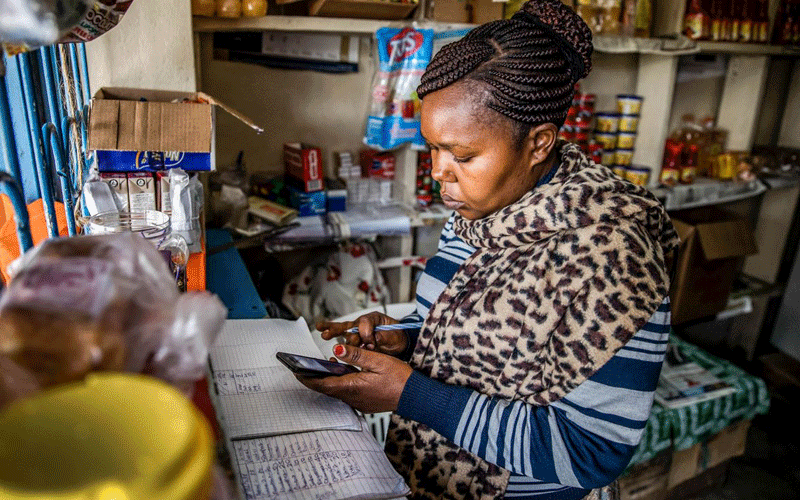Credit crunch bites smaller shops hardest

Steve Umidha @UmidhaSteve
More than half of micro-retailers in Kenya are finding it difficult to access financing in the wake of Covid-19, a survey by TechnoServe shows.
The survey released last week covering the second half of the year, from August, found that 52 per cent of the surveyed entities were hit by cash flow problems, while 31 per cent of these small shops faced challenges in accessing suppliers.
As a result, this has exposed the businesses to potential risks including bankruptcy, with millions of jobs and livelihoods at risk.
Micro-retailers
“Many micro-retailers depended on customers coming to their shops, but after COVID-19, they were forced to look into new ways to engage with their customers as these buyers were no longer streaming in,” said Alice Waweru, the entrepreneurship portfolio lead at TechnoServe.
The survey conducted between May and August of this year, found that micro-retailers who adopted digital strategies recorded a 52 per cent increase in sales, enabling them to weather the Covid-19 pandemic.
Micro-retailing refers to businesses that focus on a small selection of popular products ordinarily small, independent, or family owned businesses in developing nations.
Consumer’s shift to digital has been accelerated since the pandemic was first reported in Kenya and continues to influence to whom the consumer turns to build those new habits.
That has forced merchants to break their own habits, and opt to meet consumers where they want to shop, pay, order and eat their food, according to Safaricom’s chief financial services officer Sitoyo Lopokoiyit.
“With regard to Covid-19, we’ve had quite profound changes in how merchants as well as businesses have migrated to digital,” he said.
Overall, the Kenyan retail sector is expected to bounce back in the next 12 months, helped by the gradual reopening of the economy and slow return to normalcy that had cooled due to the novel coronavirus pandemic.












